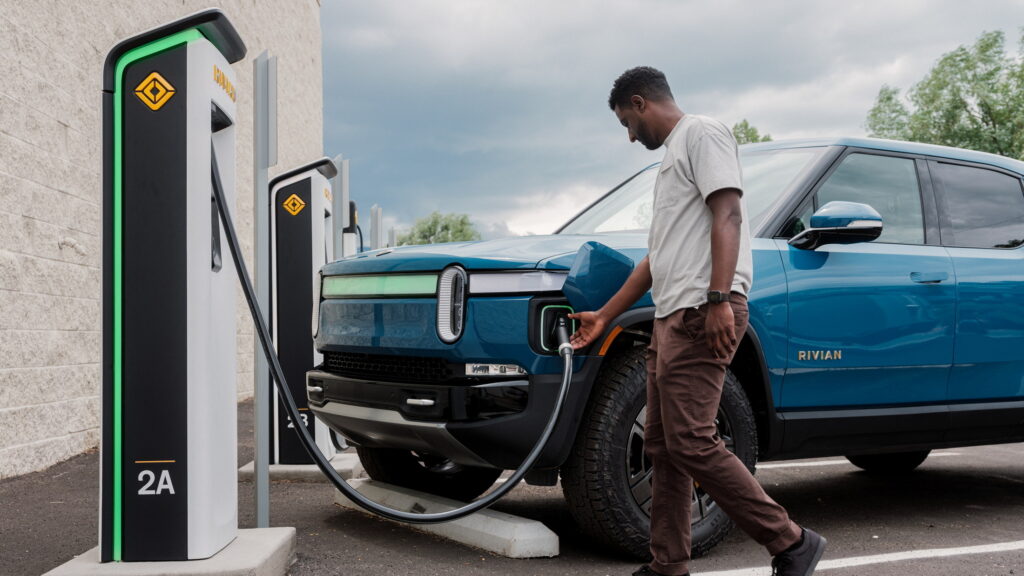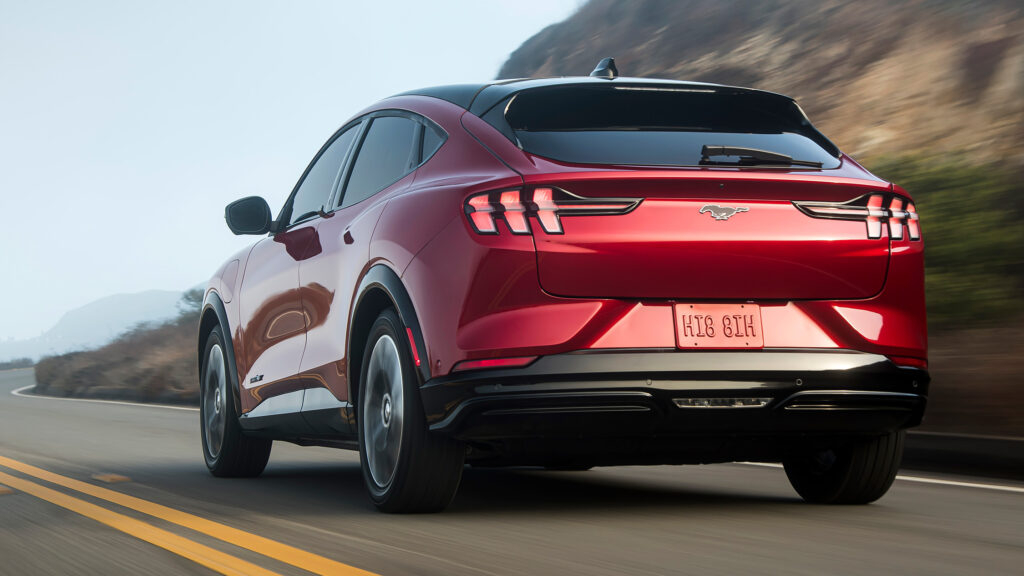- A new survey by McKinsey suggests that 29% of EV buyers globally consider an ICE vehicle for their next purchase
- 21% of the participants worldwide don’t ever want to make the switch to EVs.
- Still, 38% of non-EV owners would like a PHEV or an EV for their next car.
It appears that EV ownership isn’t equally exciting for all buyers, as a great portion of them are considering going back to ICE. According to a new survey by McKinsey & Co., a staggering 46 percent of EV owners in the US will likely opt for a combustion-powered vehicle for their next purchase.
More than 30,000 participants answered approximately 200 questions for McKinsey’s biennial study. To be more accurate, the survey was handed out to 15 countries, representing more than 80 percent of the global sales volume.
More: People Want EVs To Sound More Car-Like Than Sci-Fi
As reported by Automotive News, the results suggest that 29 percent of EV owners worldwide will likely go back to ICE for their next vehicle. The most crucial factor in abandoning EVs is the state of the public charging infrastructure, followed by the high costs of ownership and the need to find a more suitable car for longer journeys.
The percentage of EV owners willing to switch back to ICE in the US rises to 46 percent, or almost 1 in 2 current EV owners, as they claim affected by the slow rollout of the National Electric Vehicle Infrastructure program by the US Department of Energy. In fact, only 9 percent of the total participants in the study are happy with the expansion of the public charging network in their region, showing that this is a global issue.
Dr. Philipp Kampshoff, leader of McKinsey’s Center for Future Mobility, believes that things will get worse, as the next generation of EV buyers “will rely on public charging much more than the current one”.

The same survey found that 21 percent of participants don’t want to ever buy an EV, all but confirming recent findings from another study. Another interesting detail is that the minimum range expectations among consumers has grown from 270 miles (435 km) in 2022, to 291.4 miles (469 km) in 2024.
Despite the concerns, buyers are slightly more prone to electrification compared to the previous study. More specifically, 38 percent of non-EV owners worldwide would consider PHEVs or EVs for their next purchase, representing an increase of 1 percent from two years ago.
According to Kevin Laczkowski, senior partner and global co-leader of McKinsey’s Automotive & Assembly Practice, the bottom line is that “OEMs and suppliers now have to invest in multiple technologies“, adding that “This is the ultimate uncertainty right now, like almost never before.”





